
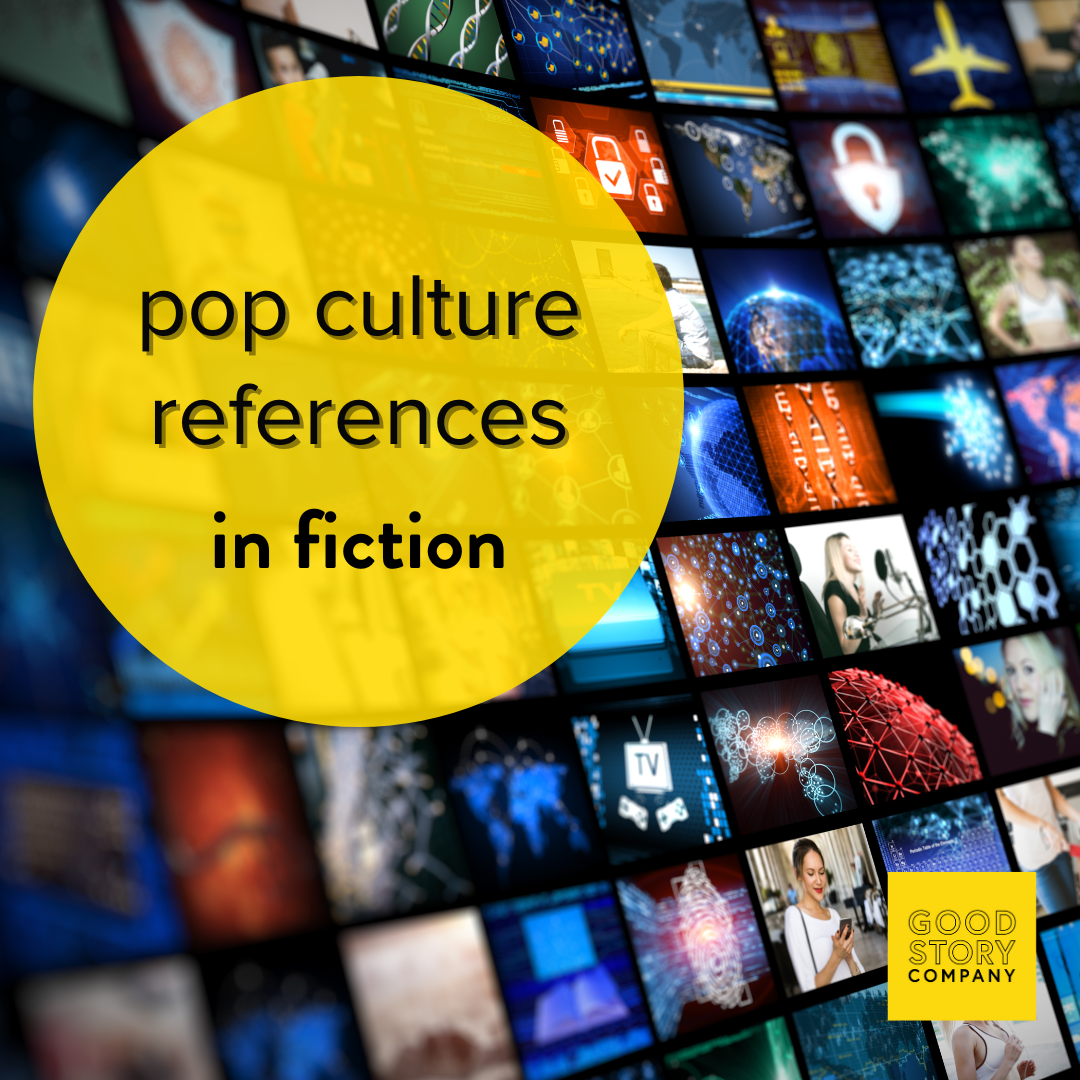
Pop Culture References in Fiction
The question of whether to include pop culture references in fiction can be a sticky one, especially for YA authors, whose target audience is often hyper-aware of pop culture trends.
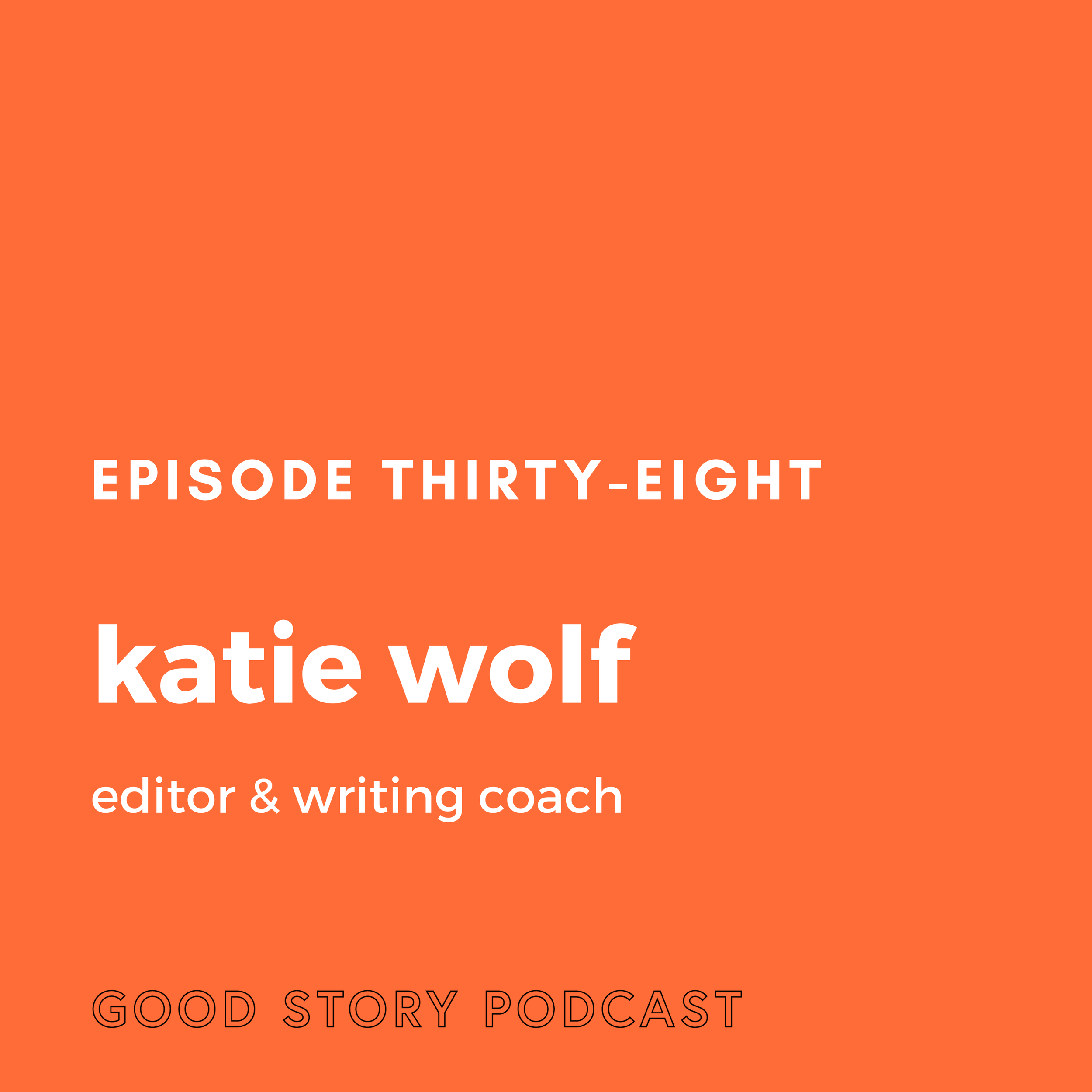
Episode 38: Katie Wolf, Editor and Writing Coach
Katie Wolf joins the pod for an inspiring conversation about getting started in publishing, work-life balance, and writing to market. She also discusses the importance of prioritizing mental health and why self-awareness is key in developing your writing craft.
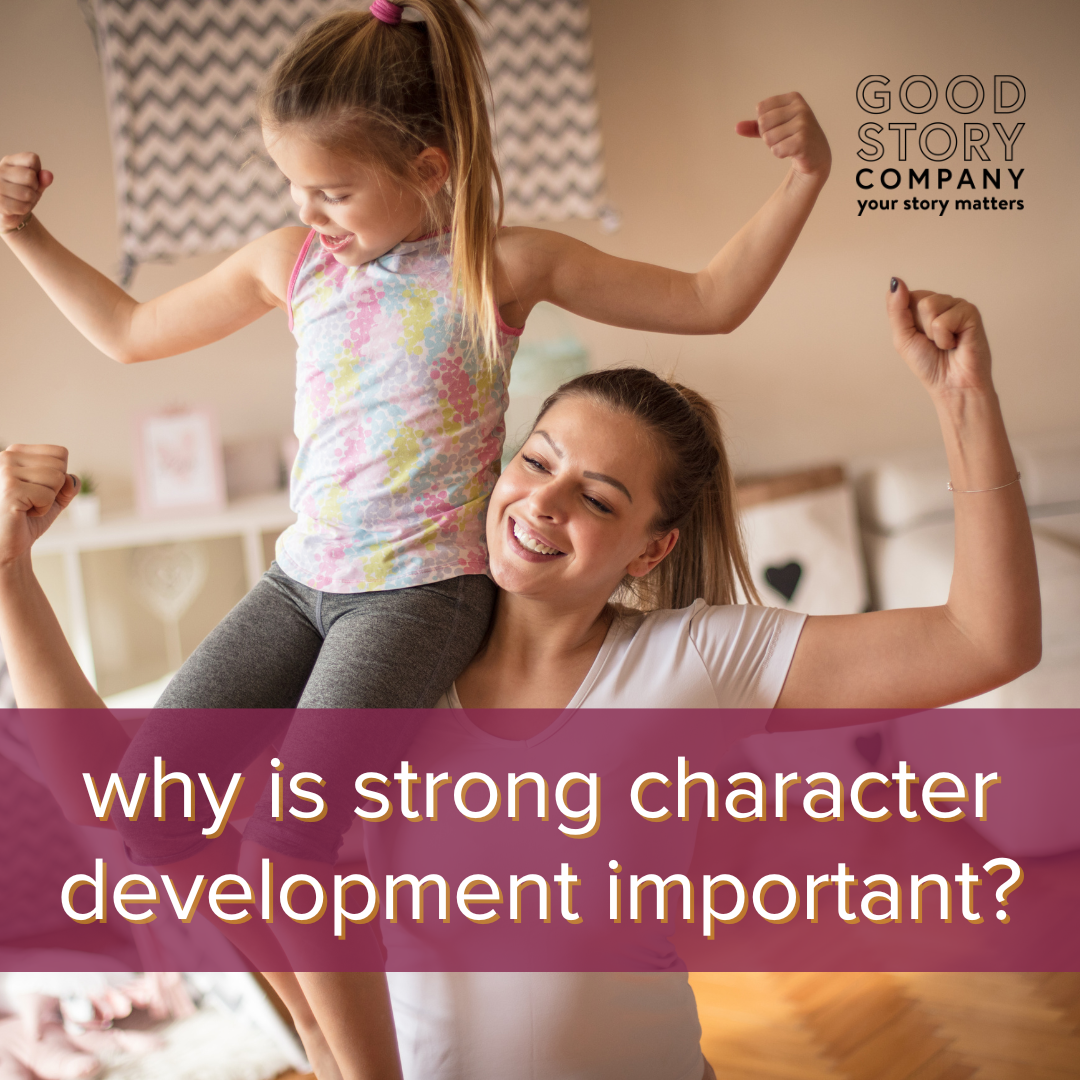
Why is Strong Character Development Important?
Strong character development arcs make better stories. Here are some tips on writing characters that readers will connect with and root for.
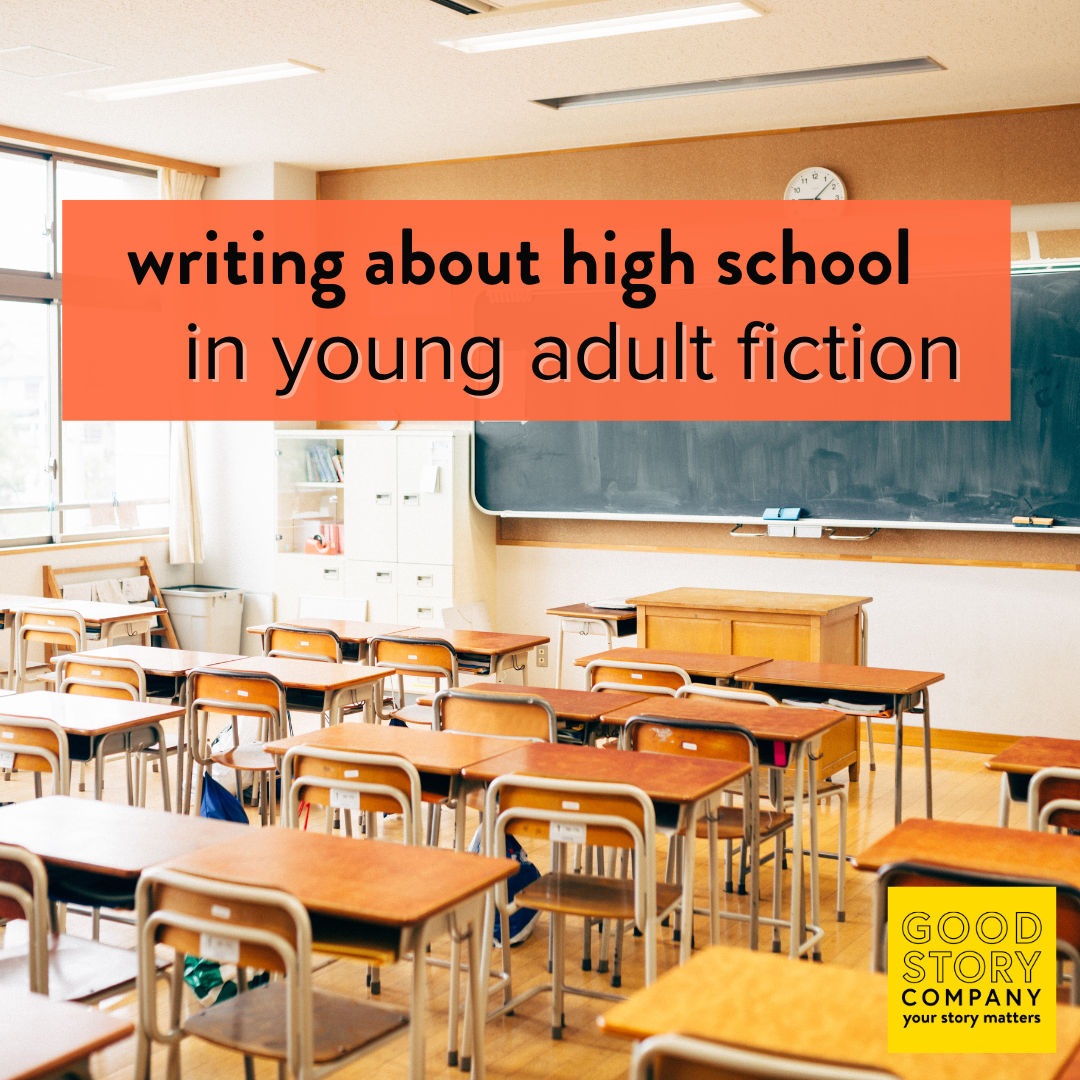
Writing About High School in Young Adult Fiction
You’ve got the perfect idea for your YA novel, but don’t forget about the setting! Most young adults go to school for six-plus hours a day, five days a week, so it’s the perfect setting for teen angst, romance, coming of age, and humor. Here are some tips for writing about high school in young adult fiction.

Writing Believable Characters
We know a believable character when we see one. We know what they want, how they feel, and that they’ll be different at the end of the story than they were at the beginning. Here’s how to make sure they’re connecting with your reader.
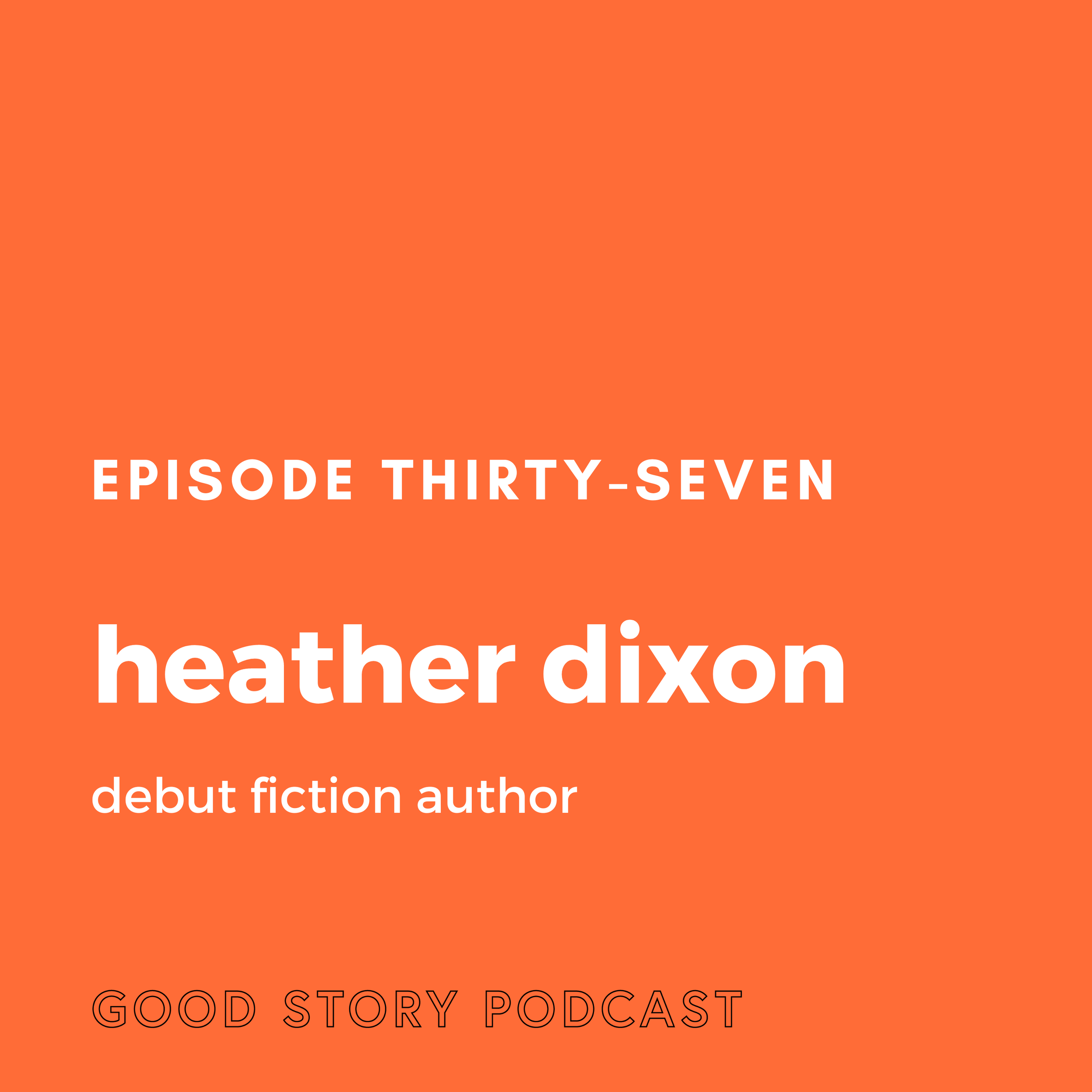
Episode 37: Heather Dixon, Debut Fiction Author
Thriller vs. Suspense... what's the difference? Heather Dixon, whose debut novel Burlington hits shelves this week, chats with Mary Kole about getting published and the appeal of suspenseful women's fiction.

Writing Good Sentences
Writing good sentences is at the heart of telling a good story. However, it’s not the first issue to tackle in revisions. First, finish your draft. Second, step away from your manuscript. Third, edit macro issues such as plot holes, character development, and story arc. Don’t fret about sentence craft until the bones of the story are in place and working well.

Using the Alternating Point of View
Depending on how an alternating point of view novel is handled, this choice can prove to be either a boon for the novel—a way to distinguish it from other similar ideas in the marketplace—or a confusing exercise in frustration for the reader. How can a writer use this format to strengthen their story rather than confuse their readers?
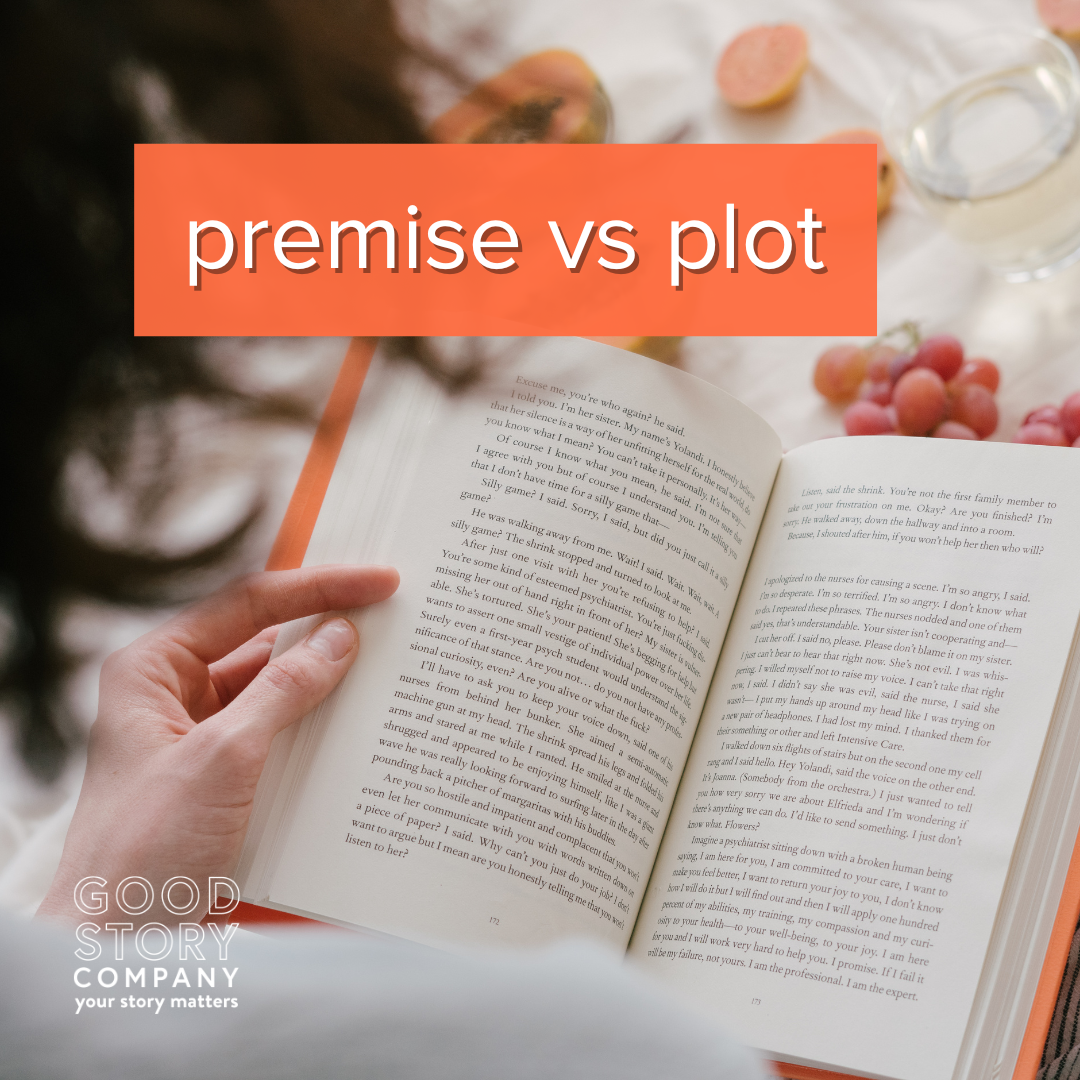
Premise Vs Plot
The concept of premise vs. plot is a common stumbling block for many writers. They’ll think they have a killer idea for a manuscript lined up, but when they sit down to write, the energy fizzles out partway through. Why isn’t a great idea enough?

3 Helpful Tips for How to Rewrite a Novel
Rewriting a book doesn’t mean your idea or your writing are bad. It means there’s a better way to show readers the essence of what you’re trying to tell them. Here are 3 helpful tips to get you started!
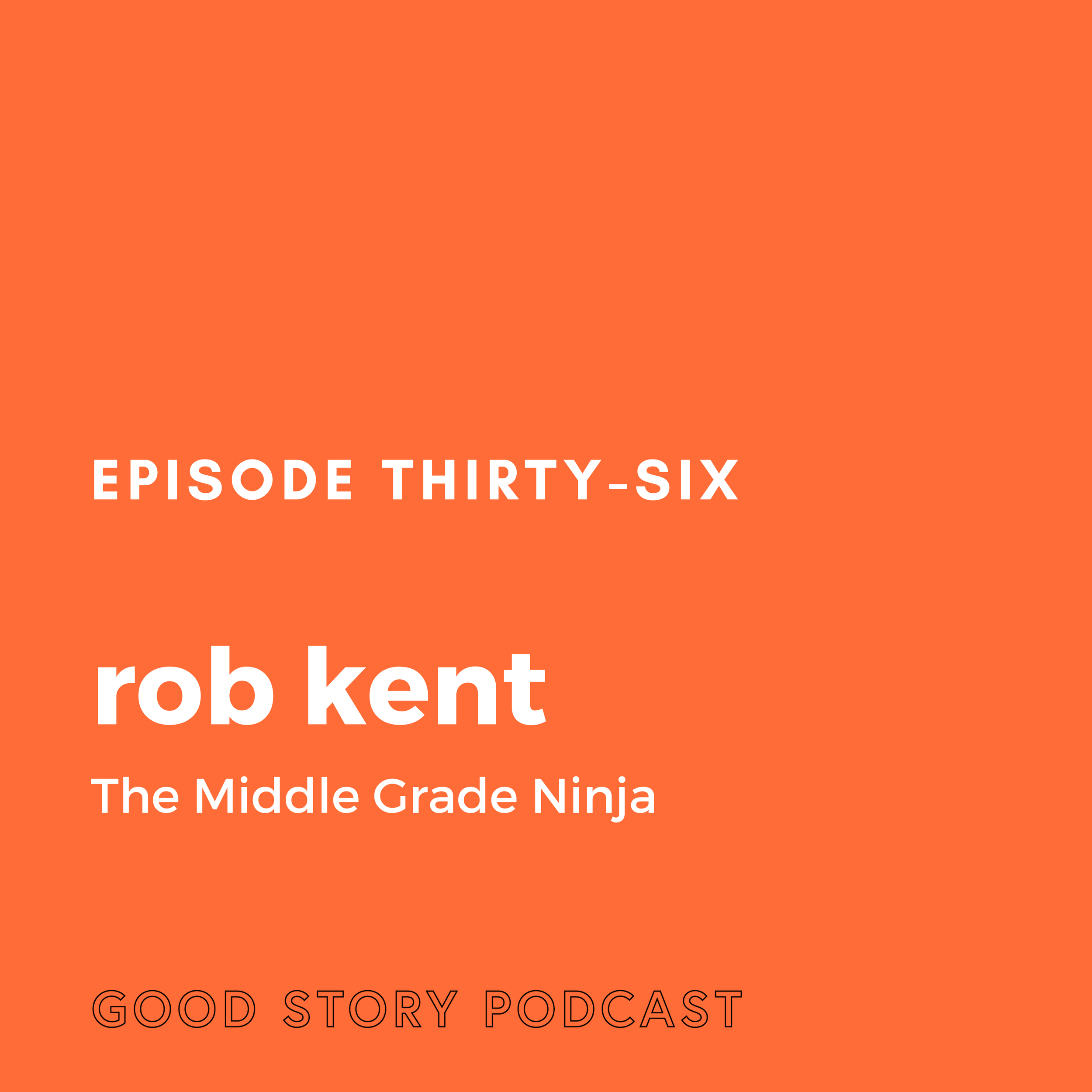
Episode 36: Rob Kent, The Middle Grade Ninja
Rob Kent, author and host of the Middle Grade Ninja podcast, joins Mary Kole to talk about his illustrious publishing career and provides valuable insights and inspiration for aspiring writers. He discusses the importance of managing expectations for success in your writing career, as well as writing for your own personal happiness.

Boring Characters
Hello. My name is Blandy. My appearance is normal. My eyes, hair, and build are ordinary. My opinions are private. My feelings are mild. I have a job in an office where I work. For leisure, I either look outside or inside. I am a boring character.

Tag, You're It! Using Dialogue Tags Effectively
Dialogue tags are invisible and useful when done well, but they can kick a reader out of a story so quickly when they aren’t. Let's talk about which ones work, and which are less effective.
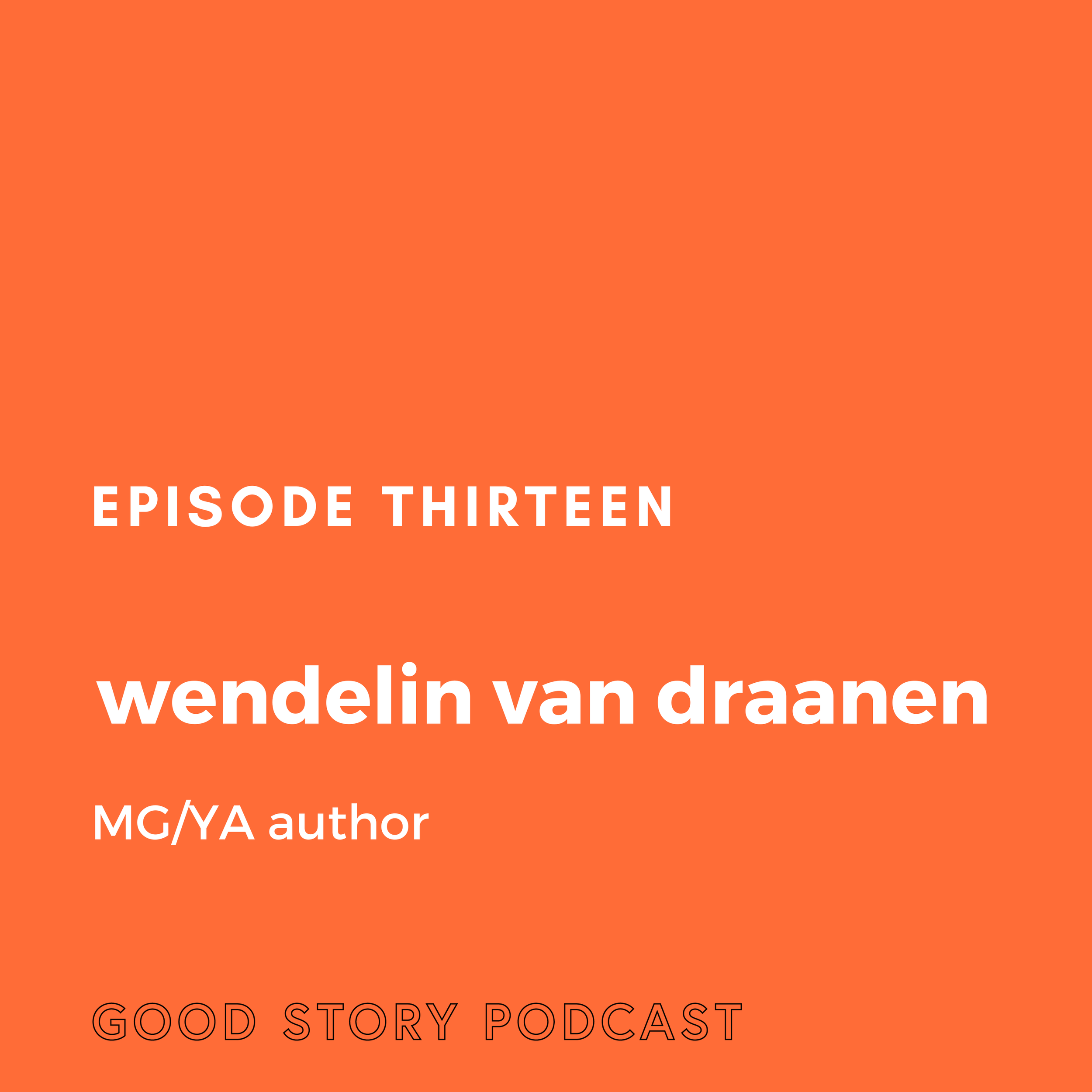
Episode 13: Wendelin Van Draanen, MG and YA Author
An uplifting conversation with author Wendelin Van Draanen, where we discuss the therapeutic nature of writing and the silver lining in a difficult path to publication.
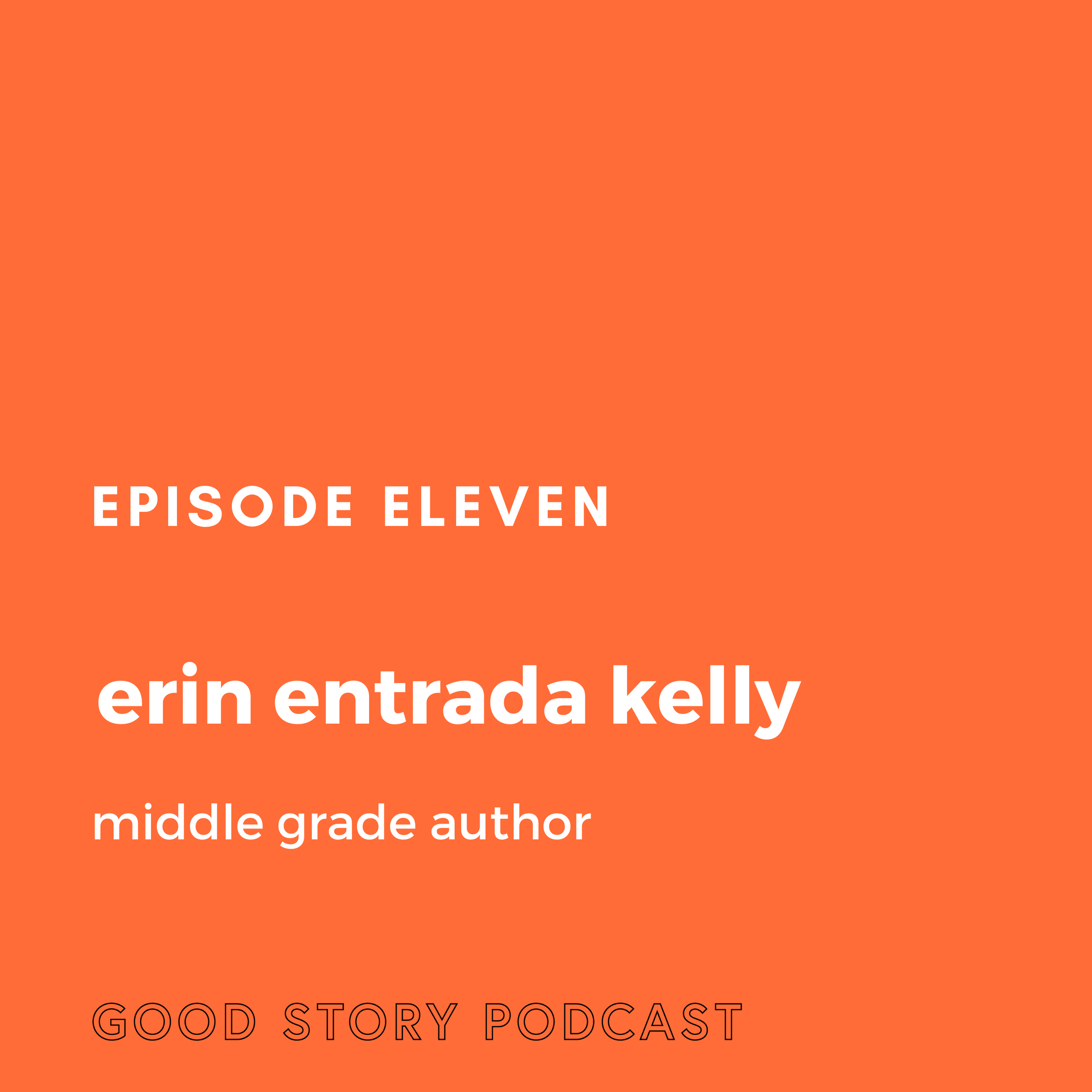
Episode 11: Erin Entrada Kelly, Middle Grade Author
An interview with middle grade author and Newbery medalist Erin Entrada Kelly, where we discuss writing outside your lived experience.
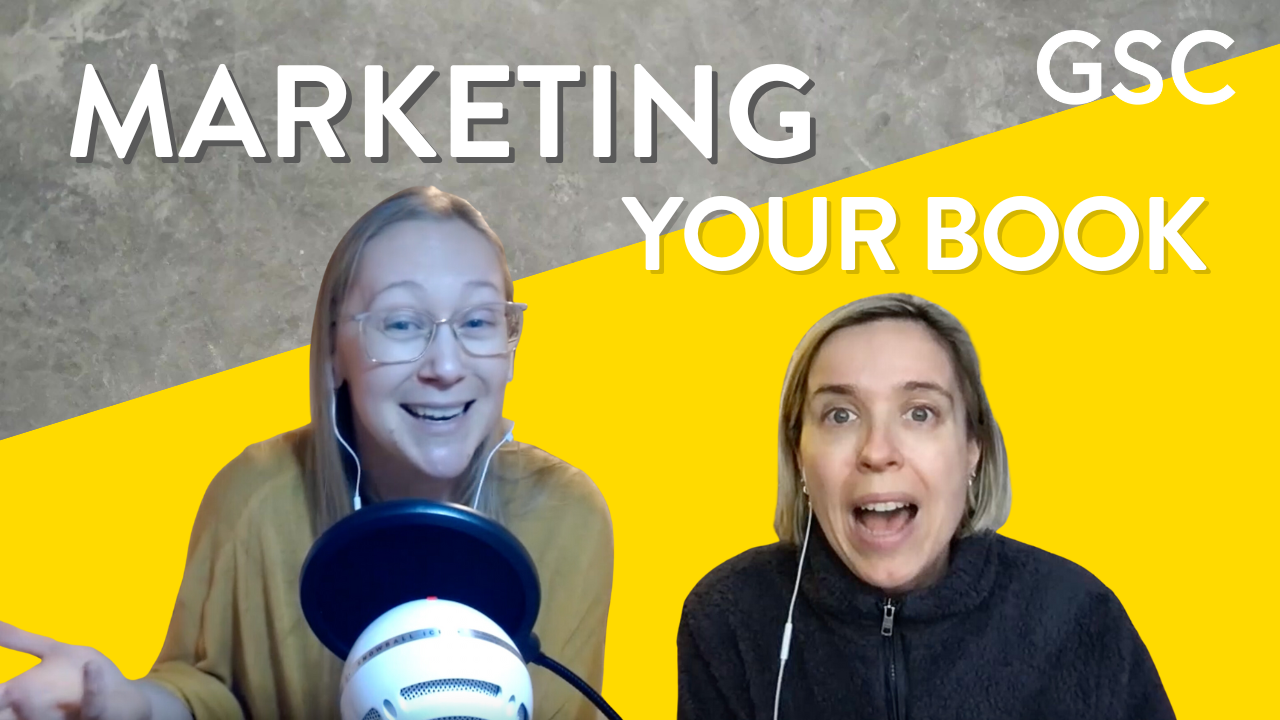
Marketing Your Book With Emily Enger
Book Marketer and PR Coach Emily Enger joins Mary to talk about some of the aspects of the writing process that might leave a yucky taste in our mouths. Tune in for actionable tips and insights into a publicist and marketer's side of the publishing world.

Writing Shy Characters
How do you write shy characters? Shy people often have rich inner worlds that are teeming with life; they’re just selective about who they let inside. Here are a few ways to help you show your shy character’s true nature.
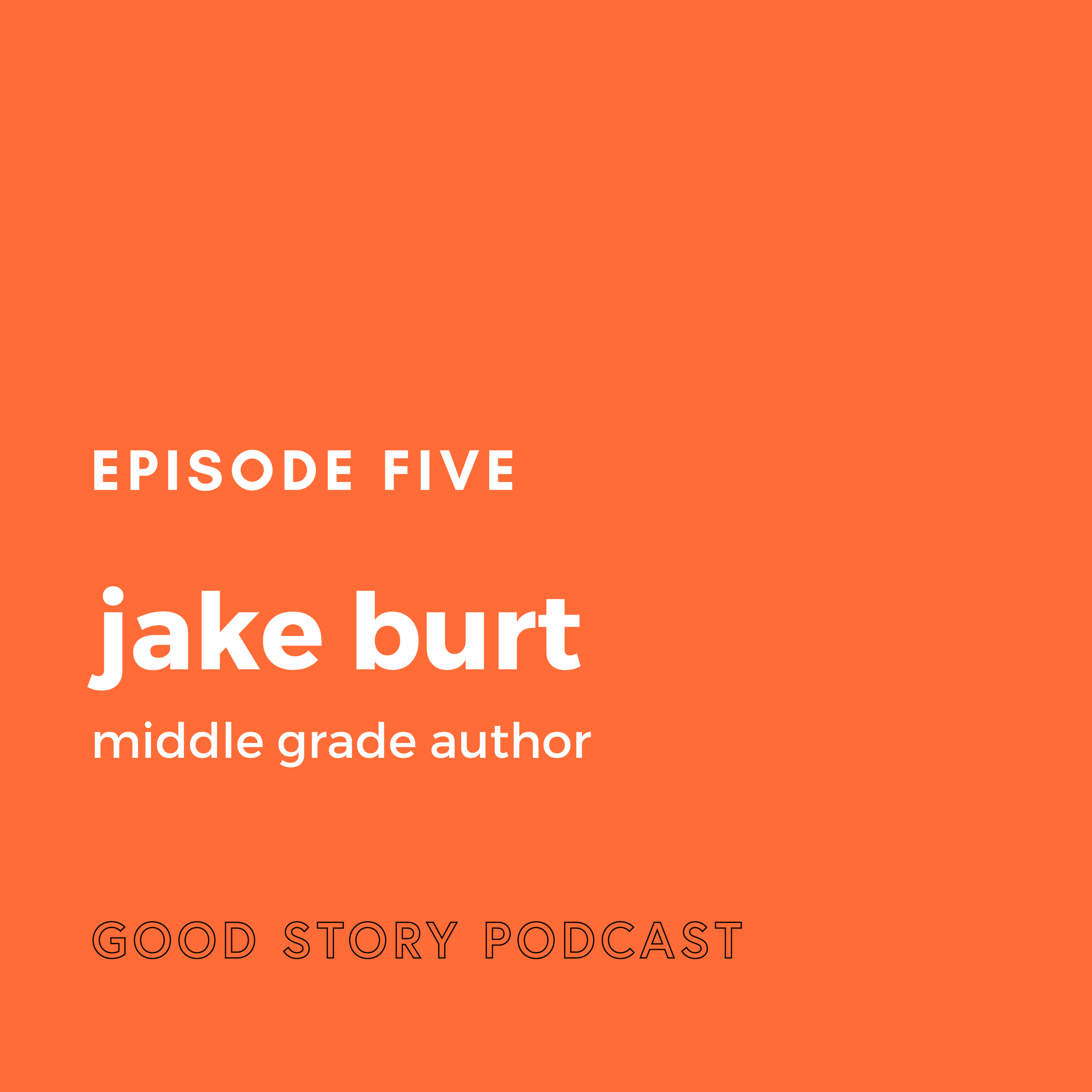
Episode 5: Jake Burt, Middle Grade Author
A podcast interview with middle grade author Jake Burt, all about writing diversity from a place of privilege.
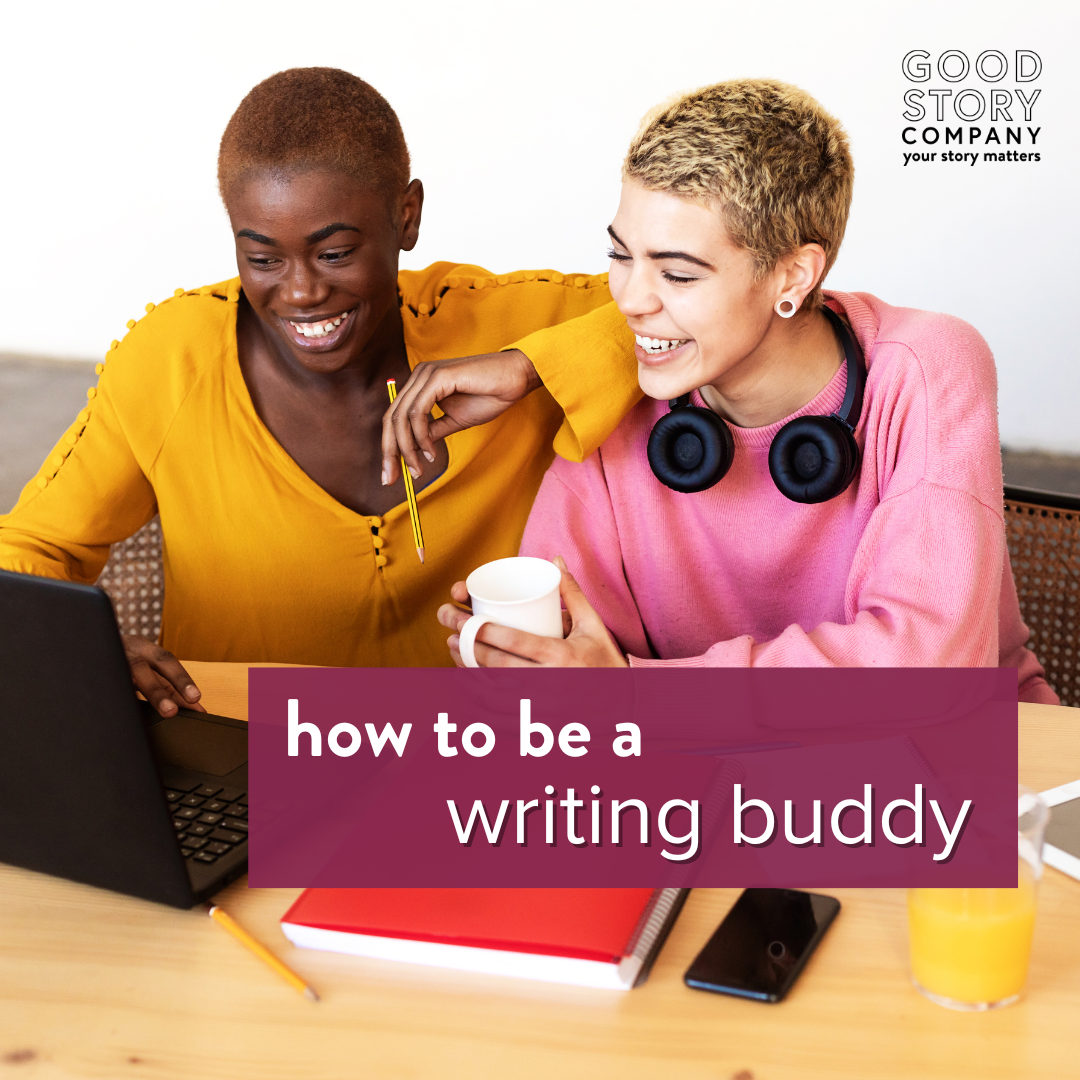
How to Be a Writing Buddy
How is a writing buddy different from a critique partner or writing partner? The terms are often used interchangeably, but I happen to think that a “writing buddy” is friendlier. So here’s how to be a good one, and boost your own critique and writing skills at the same time.

Episode 35: Gretchen McNeil, YA Horror/Suspense Novelist
Dark YA novelist Gretchen McNeil joins Mary in an episode all about recognizing and executing a good story idea. They discuss the shifting young adult book market and embracing diversity, mastering storytelling structure and the importance of shaping the reader's experience, and the controversial subject of IP development.
